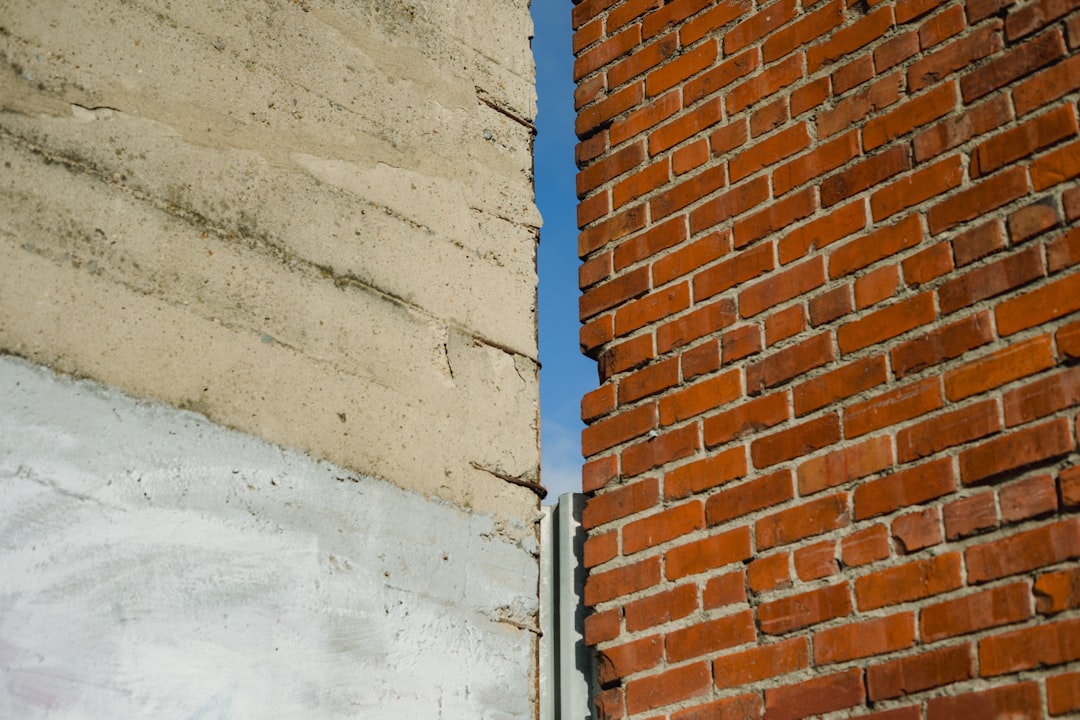How Much to Charge for Drywall Repair | CountBricks Guide
Price source: Costs shown are derived from our proprietary U.S. construction cost database (updated continuously from contractor/bid/pricing inputs and normalization rules).
Eva Steinmetzer-Shaw
Head of Marketing
Introduction: Why Pricing Drywall Repair Matters
For residential contractors, accurately pricing drywall repair is crucial for maintaining profitability. Current costs for drywall repair range from $295–$925 per opening, depending on the complexity and materials used. This guide provides insights into competitive and profitable pricing strategies for trade professionals.
Understanding the Real Costs Behind Drywall Repair
Pricing drywall repair involves more than just the cost of materials. Contractors must consider tape, joint compound, screws, primer, touch-up paint, travel time, and overhead. Understanding these components is essential for accurate pricing.
Typical Material Costs
- 4'x8' drywall sheet: $10–20
- Joint tape and compound per patch: $5–$15
- Fasteners per sheet: $5–$10
- Primer and paint touch-up: $50–$75 per sq ft
- Consumables (sandpaper, blades, masks): $4.50 per roll
Labor Time Benchmarks by Repair Type
- Small nail hole (under 1"): 15-20 minutes
- Fist-sized punch (4"-6"): 45-60 minutes plus dry time
- Cut-out and replace 1 sq ft section: 1.5-2.0 labor hours
- Rehang full sheet with texture match: 3-4 labor hours
Setting Your Rate: Three Proven Methods
Contractors can use various methods to set competitive rates, including cost-plus markup, square foot pricing, and tiered flat fees.
1. Cost-Plus Markup
This model involves multiplying the true cost by a set markup, typically 50%, to cover profit and risk.
2. Square Foot Pricing
Pricing per square foot is efficient for volume repairs, with rates typically ranging from $50–$75 per sq ft.
3. Tiered Flat Fees
Create simple pricing tiers such as "Minor Patch $150–$275," "Medium Repair $275–$450," and "Full Sheet Replacement $450–$700."
Factoring in Overhead and Hidden Expenses
Consider additional costs such as travel, extra trips, disposable materials, and tool maintenance when setting prices.
Regional Pricing: The San Antonio Example
In San Antonio, average patch repairs bill at $295–$550, while full sheet replacements average $500–$750. Local factors like humidity and textured finishes influence these costs.
Strategies to Win More Drywall Repair Bids
Showcase Speed and Cleanliness
- Promise a dust-free finish using vacuum-assisted sanders
- Offer same-day paint touch-ups
Leverage Technology for Transparency
- Share live estimates with clients
- Use voice notes for detailed documentation
Bundle Small Repairs
Offer discounts for multiple minor patches in one visit to increase efficiency.
When to Adjust Your Pricing
- Material price spikes
- Seasonal demand
- Skill upgrades
Conclusion: Confident Pricing Starts with Accurate Data
Accurate pricing for drywall repair is achievable with real-time data and AI-driven tools. Utilize these insights to maintain profitability and competitiveness.
Case Study: Raising Profit Margins by 23% with CountBricks
Rivera Home Solutions, a San Antonio contractor, improved pricing consistency and increased profit margins by 23% using advanced pricing strategies.
Implementation Steps
- Recorded repair scenarios into a digital app
- Imported supplier invoices for real-time cost baselines
- Set overhead at 18% based on financial analysis
- Created tiered flat-fee templates
Results in the First 60 Days
- Quote turnaround reduced to under 15 minutes
- Win rate on bids increased to 61%
- Average profit per job rose by 23%
Lessons Learned
- Include accurate curing times and texture complexity
- Use flat-fee tiers to avoid client haggling
- Regularly sync supplier prices to maintain margins
Next Steps for Your Business
Adopt a structured workflow to eliminate pricing guesswork and improve profitability. Visit CountBricks.com for more information.

